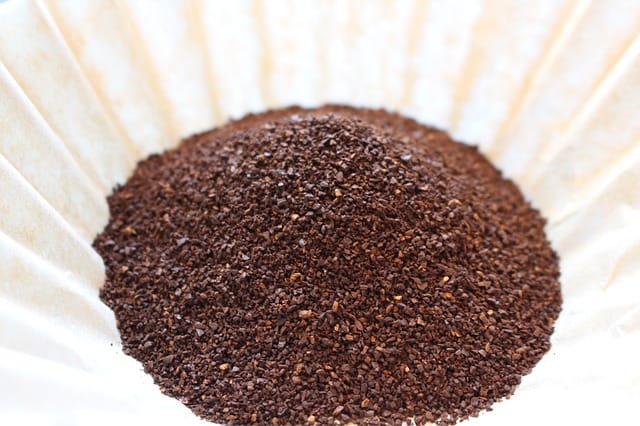Bamboo is a fast growing perennial flowering plant. It can grow up to 36 inches in a 24 hour period. It reaches its maximum height in as little as 5 years making it perfect for fence lines and property dividers. Can you sue a neighbor for bamboo over the damage bamboo has caused?
Bamboo is fast growing and can be very invasive when grown in irrigated lawns and low lying areas with plenty of water. Its roots can spread and invade another yard or cause damage to a home’s foundation. If your property suffers damage from bamboo you have the right to sue.
Before we file a lawsuit, we will explore what bamboo is, what damage can be caused, what needs to be documented, the options we have, and how we can recover compensation for our damages.
Different types of bamboo
There are two main types of bamboo: running bamboo and clumping bamboo.
We will take a quick look at both;
Running bamboo
Running bamboo is considered to be invasive and will continue to grow and spread if not kept under control.
Clumping bamboo
Clumping bamboo grows in a small area and is not an invasive bamboo.
Bamboo has a vigorous root system and can grow between 50 and 80 foot tall. It is very fast growing and will reach its full height in only a few years, making it a popular choice to plant on a property line for privacy.
Bamboo can be difficult to remove and may require the use of pesticides to keep it from regrowing. It is recommended that a root barrier be planted to encompass the plant. This keeps its roots from spreading and possibly doing damage to your property and your neighbors’ property.
Is Bamboo legal to grow?
There are no FDA laws against growing bamboo. It is not illegal for you, your neighbor, or property owner to grow. It is considered an invasive species and care must be exercised when growing on your property or on neighbors property.
Communication
The best and easiest way on most occasions is to discuss the issue with the neighbor or landowner who planted the bamboo.The property owner or neighbor may be unaware of the damage the bamboo has caused to your property and may be willing to assist in repairing the damage.
If the neighbor is unwilling or unable to remedy the situation, you may need to seek legal action. It will be necessary to consult a lawyer if the damage is extensive enough and if the bamboo has caused physical damage to your home. A lawyer may be the only way to receive compensation for the damages caused.
Extent of the damage
The bamboo may not show any indication that there is any damage occurring. It may be necessary to excavate the roots to see the damage it has caused. It is possible the roots have invaded water or sewer lines which may require costly repairs. They may have even damaged foundation walls.
Property damage will include excavation to expose every root and uncover where they have invaded and the repairs needed for the property, including sewer lines, water lines, underground electrical lines, damages to the foundation, and structure of your dwelling.
If the damages involve an injury to guests or residents of the home this may increase the monetary amounts needed to recover in the lawsuit. It may also cover lost time at work. Documentation of injuries and lost wages should be included in the lawsuit.
The damage will require full documentation, including photographs and estimates to repair the damage caused by the bamboo and its roots. The more extensive the documentation provided, the more compelling the evidence will be in court when the case is being presented.
When to file a claim
If the damage is extensive enough, a lawyer may be needed to assist if the neighbor or property owner is unwilling or unable to resolve the damage costs. Many would be in agreement to remove the roots and repair any damage at this stage if there is no injury or foundation work damage.
If they refuse, it will be necessary to move forward with legal action. You need to collect enough evidence to prove that the roots are the cause of the property damage and the costs to repair it. This will help the lawyer in preparing your case and securing enough funds in the lawsuit to cover any damage and costs to remove the roots.
It will also be helpful to cut off all contact with the neighbor or property owner at this point. All communication should be done with them through your lawyer. A resolution before the court case is always possible but everything should be handled with your lawyer’s approval.
Filing the case
If negotiations continue to fail, filing a civil lawsuit will be unavoidable to recover the costs associated with the damage. The lawyer will file the lawsuit to recover the damages caused.
They will also present the case to a judge or in front of a jury where the case will be brought to court.
Conclusion
It is well within your legal rights to sue to recover expenses if your neighbor or property owner’s bamboo has caused damage to your property, either knowingly or unknowingly. They will be responsible for the entire damages caused by the bamboo and its root system to your property.
Hiring a lawyer and filing a lawsuit in civil court will be necessary if the property owners or neighbors refuse to compensate you for the damages that were caused to your property. A lawyer will be able to follow the proper procedures when filing the lawsuit.
They will file the lawsuit, prepare the case, and be able to present the case in court for you making the probability of receiving compensation much better than if you were to handle it alone.
Suing a neighbor for damage from bamboo is possible but hopefully there will be a resolve before that, making it unnecessary. Happy litigation!
Hi, I’m John Stephens, chief editor and writer for Totalgardener.com. I’ve been gardening and raising animals for over 15 years starting with a small backyard plot in Northern Virginia where I grew corn, potatoes, squash, and using a high mulch technique called the Ruth Stout Method. I also raised ducks and small mammals for meat and eggs in a movable pen similar to the ones used by Joel Salatin. I later moved to Colorado where I experimented with growing greens using aquaponics inside. I eventually added a microgreens setup and home sprouting operation. I’m excited to share everything I’ve learned plus more from the other local gardening and animal raising experts I know.



